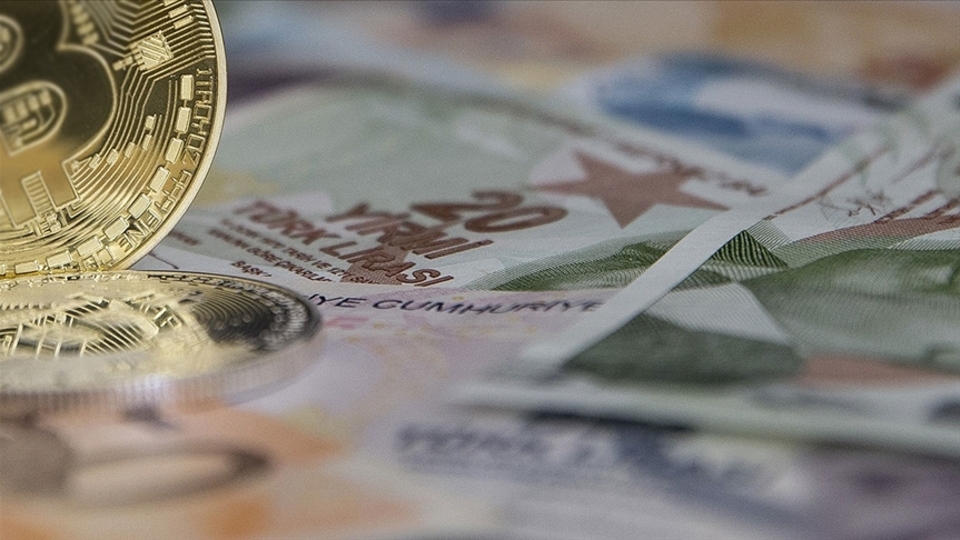Why Institutional Confidence in Bitcoin ETFs, Price Performance Isn't Growing
Spot Bitcoin ETFs traded in the U.S. have recorded a combined net inflow of $11.2 billion over eight weeks, once again demonstrating institutional investors' confidence in Bitcoin. But despite this deep capital inflow, Bitcoin's price only showed a limited rise of 10% during the same period.
Positive net flows were observed between April 17 and May 23. While there was a strong demand for funds during this period, the short-term outflows during the week of May 30 and May 6 were temporary. The trend of funds entering funds, which rose again from June 9, was supported by net inflows of $2.4 billion in the last eight days. These data show that the corporate front is still looking at Bitcoin as a long-term value tool.
Unseen Sales and Price Resistance
Despite high inflows to funds, the inactivity in the Bitcoin price reinforces the view that long-term investors or early BTC holders are due to invisible selling pressures. The increase in supply is not directly reflected in the price charts, since this group of users performs sales in over-the-counter markets rather than on large exchanges. In addition, the decrease in the amount of positions with each new purchase indicates that institutional investors are also starting to behave more cautiously. This suggests that the demand from ETFs cannot be fully priced in the market.
Macro Uncertainty and Geopolitical Pressures
Global geopolitical tensions are also forcing Bitcoin's pricing process. Ongoing conflicts between Israel and Iran, particularly in the Middle East, have triggered fluctuations in crypto markets. This tension between June 12—15 caused a depreciation of over $200 billion in the cryptocurrency market. Bitcoin stabilized in the $104,000 to $105,000 band after falling 4% to 6%. These moves increase investors' tendency to avoid risk, while also highlighting their search for safe havens. The aforementioned instabilities mark a period in which investors avoided aggressive positions.
Corporate Strategies and Investor Psychology
While the interest of institutional investors in Bitcoin ETFs is still strong, there is an obvious slowdown in the buying strategies of these institutions. Especially in the United States, where the electoral atmosphere is approaching, institutions prefer to move forward with less risky, more scattered positions. This suggests that a distribution-oriented strategy is being adopted in the market. On the other hand, the failure to rise in price negatively affects the psychology of individual investors. The limited potential return can be a deterrent, especially for short-term investors. However, as long as institutional demand for ETFs continues, investors are not completely losing confidence in Bitcoin.
🧠 Expert Review
The high demand for Bitcoin ETFs can still be a strong signal, especially for long-term investors. But the limited reaction of the price indicates that caution should be exercised in the short term. Unseen sales, geopolitical risks and macro uncertainties can cause short-term fluctuations. In the medium and long term, the sustainability of corporate inflows could allow BTC to re-enter a strong uptrend.
🛑 Disclaimer
This content is created by Investment Desk AI and does not constitute investment advice. You should make your decisions based on your own research and expert advisors.
stock market, usa stock news, stock news, breaking news, bitcoin ETF, institutional investor, bitcoin price, selling pressure, geopolitical risks, investment strategy, cryptocurrency analysis, ETF listings
⚖️ Yasal Uyarı:Bu içerik yatırım tavsiyesi niteliği taşımaz. Yatırımlarınızla ilgili kararlarınızı kendi araştırmalarınız ve risk profilinize göre almanız önerilir.
Bitcoin ETF, institutional investor, Bitcoin price, selling pressure, geopolitical risks, investment strategy, cryptocurrency analysis




















.png)